Sen. Bam Wants Savings Legally Defined
Senator Bam Aquino wants to legally define savings to put issues such as the Disbursement Acceleration Program (DAP) to rest.
“As a co-equal branch of government, that Congress and Senate define savings once and for all to finally lay this issue to rest,” Aquino said during the hearing of the Senate finance committee on the DAP.
While the term savings is included in the General Appropriations Act (GAA), Aquino said legally defining savings would avoid issues like DAP and the hassles of revisiting it annually.
Budget Secretary Butch Abad welcomed Aquino’s suggestion, provided that “there is appreciation for the need of the Executive to be flexible, considering the complexities of governing a society like us”.
The term savings was the core issue when the Supreme Court declared DAP as unconstitutional.
The High Court declared unconstitutional the creation of savings prior to the end of the fiscal year and the withdrawal of these funds for implementing agencies and the cross-border transfers of the savings from one branch of government to another.
During the hearing, Aquino lauded the Department of Budget and Management (DBM) for its efforts to make the budget more transparent to the public under the present administration.
Among the moves initiated by the current DBM leadership is the posting of budget-related documents, including the GAA and DAP, on the agency’s website for transparency and accountability.
Apart from the website, Abad said the DBM insisted on a more detailed budget plan, discouraging other government agencies from resorting to lump-sum funds.
Also, the DBM now requires agencies, especially the implementing offices, to begin procuring their infrastructure projects after submitting the proposed budget to Congress.
“We’re allowing them to establish more bids and awards committees and hire full-time BAC people so they can perform their procurement functions better,” Abad said.

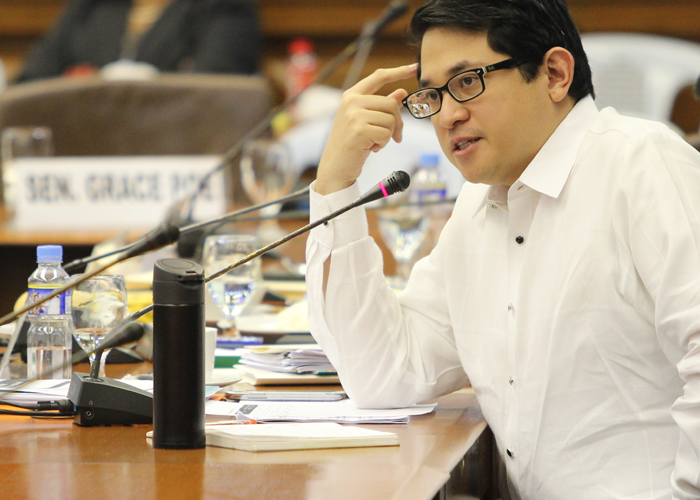

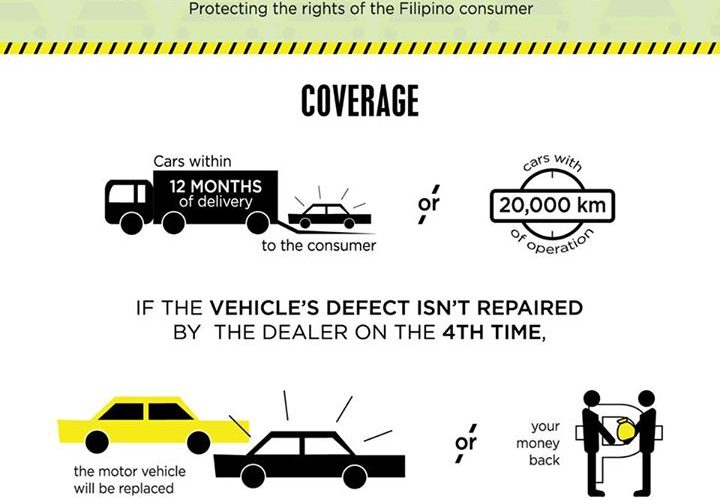
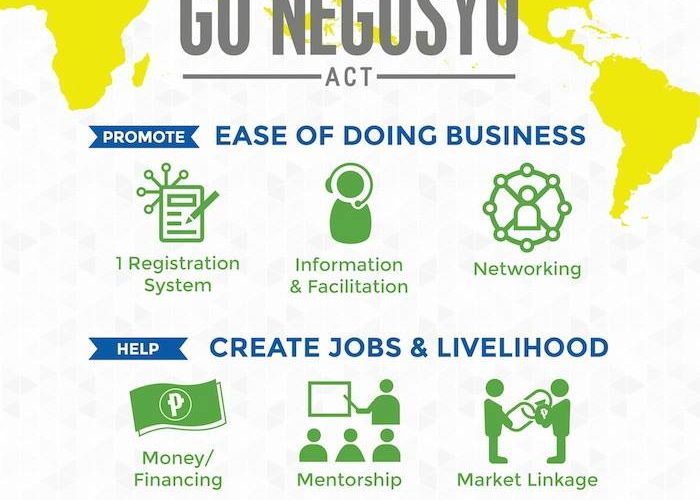


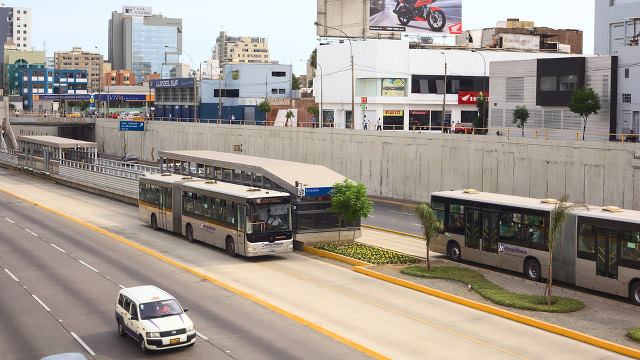
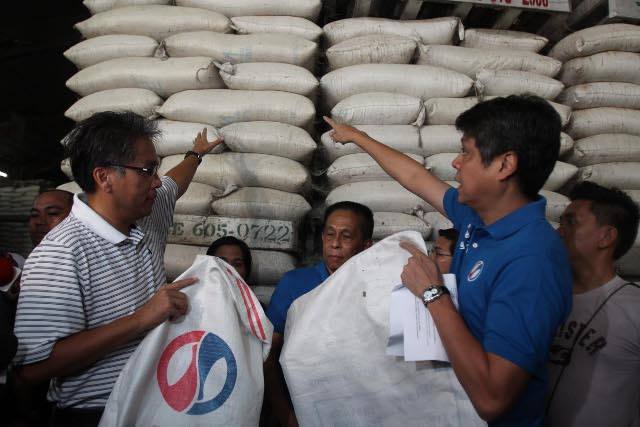

Recent Comments